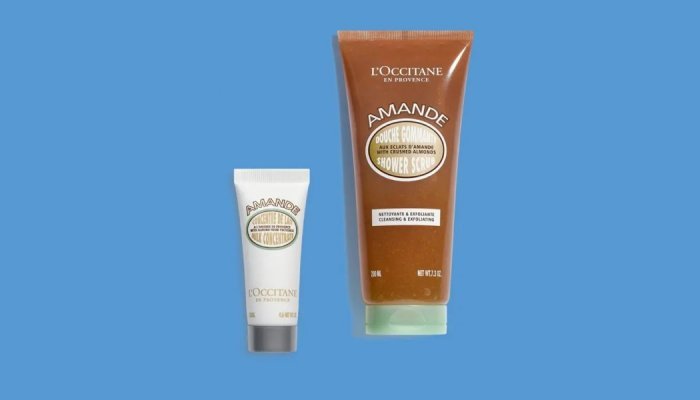
When re-designing two tubes of its Almond collection, L’Occitane en Provence was seeking a resource-friendly solution and teamed up with cosmetic tubes specialist Albéa and polymer supplier LyondellBasell.
Molecular recycling
Both tubes were made from LyondellBasell’s CirculenRevive polymers, which are produced using an advanced molecular recycling process to convert plastic waste into feedstock to produce new polymers.
“Our CirculenRevive products are polymers based on advanced (chemical) recycling technology from our supplier Plastic Energy who converts end-of-life plastic waste streams into pyrolysis oil feedstock,” said Richard Roudeix, LyondellBasell Senior Vice President of Olefins and Polyolefins for Europe, Middle East, Africa and India.
Indeed, Plastic Energy’s patented technology - dubbed Thermal Anaerobic Conversion (TAC) - transforms previously unrecyclable plastic waste into what they call TACOIL. This new recycled raw material can replace oil to produce virgin plastic for use across a wide range of applications. This raw material, which quality is identical to a virgin material, complies with the standards of the main final end markets including food, medical and cosmetic packaging.
Plastic Energy’s TACOIL was the source material for LyondellBasell, which transformed it into polyethylene (PE) and then allocated it to the product for tubes and caps using a mass balance approach.
Reduced environmental footprint
Recycling plastic waste and reusing it for the manufacture of new packaging helps to reduce the consumption of fossil resources and contributes to the fight against plastic pollution.
“Advanced recycling can effectively process contaminated or multi-layered plastics and films that pose challenges for mechanical recycling, making it a complementary solution to help address global plastic waste,” said Carlos Monreal, Founder and CEO of Plastic Energy.
The reduced impact on climate change obtained thanks to plastics created with Plastic Energy’s TACOIL (compared to virgin plastics) has been assessed by a life cycle analysis [1] carried out by independent consultants.
Mono-material tube
Using the recycled PE supplied by LyondellBasell, Albéa manufactured mono-material tubes and caps for L’Occitane en Provence.
“This packaging is the holy grail in terms of responsible packaging today. The tube and cap are designed for full recyclability and made of 93% recycled polyethylene (PE) content. On top, both are made of PE for higher-quality recycling, confirmed as recycling-ready by recycler associations in both Europe and the US. This light mono-material packaging is in effect closing the loop, and that’s quite a breakthrough,” said Gilles Swyngedauw, VP of Sustainability and Innovation at Albéa Tubes.
As part of their efforts to reduce their environmental footprint, L’Occitane signed up to the Ellen MacArthur Foundation Global Commitment for a new economy for plastic in 2019.
“We are accelerating our circular economy journey and are engaged to reach an overall 40% recycled content in all our plastic packaging by 2025. The use of advanced recycling technology in our plastic tubes is an exciting step forward. Collaborating with LyondellBasell and Albéa was key for success,” concluded David Bayard, R&D Packaging Director, L’Occitane en Provence.







